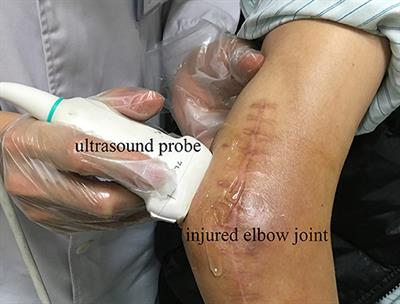CASE REPORT
Published on 13 Dec 2018
Variation of Finger Activation Patterns Post-stroke Through Non-invasive Nerve Stimulation

doi 10.3389/fneur.2018.01101
- 4,463 views
- 14 citations
10k
Total downloads
46k
Total views and downloads
Select the journal/section where you want your idea to be submitted:
CASE REPORT
Published on 13 Dec 2018

CASE REPORT
Published on 04 Dec 2018

ORIGINAL RESEARCH
Published on 31 Oct 2018

ORIGINAL RESEARCH
Published on 29 Oct 2018

ORIGINAL RESEARCH
Published on 26 Oct 2018

ORIGINAL RESEARCH
Published on 23 Oct 2018

ORIGINAL RESEARCH
Published on 16 Oct 2018

ORIGINAL RESEARCH
Published on 18 Sep 2018

ORIGINAL RESEARCH
Published on 13 Sep 2018

ORIGINAL RESEARCH
Published on 12 Mar 2018

